Most of us look forward to the summer, with the prospect of warm sunny days and a full social calendar. However, if you have troublesome skin that is prone to acne breakouts, you may notice that this problem becomes worse in the summer. Here are some common triggers for seasonal acne, and tips for dealing with it.
Heat and humidity
Warm conditions cause us to sweat more, as this is the body’s natural way to regulate temperature. Sweat can mix with dead skin cells, bacteria and oils on the skin’s surface and clog pores, leading to a breakout of acne. Warm conditions also encourage the growth of bacteria, which can exacerbate acne.
Excess oil production
The heat can trigger excess oil production, which is made worse by sunscreen application. When naturally produced sebum and some types of products combine, it can block pores and encourage the formation of acne pustules. Furthermore, if we become dehydrated in hot weather, this can trigger further sebum production as the skin attempts to compensate.
Friction from hats and sunglasses
It’s good practice to wear a hat and sunglasses to protect our skin from sun damage, but unfortunately the contact with these items on your face can cause pressure-related acne.
Changes in diet and lifestyle
We often consume more sugary foods in summer such as fizzy drinks and ice cream, which for some people may trigger breakouts. Some people also find summer stressful as they prepare for holidays or extra social events, and this can lead to hormonal changes that can make acne worse.
Tips for managing acne in summer
Choose non-comedogenic skincare products
When buying sunscreen and moisturisers, look for products that are labelled non-comedogenic. This means that they are formulated to avoid clogging the pores.
Stay cool and hydrated
Wear light breathable clothing on warm days, and take regular drinks of water to avoid becoming dehydrated.
Revise your skincare routine
Wash your face after being outside on warm days to remove sweat, oils and bacteria. However, be aware that excessive washing can over-dry your skin, potentially triggering more sebum production. Use gentle products and light serums rather than creamy cleansers and moisturisers.
Consider a professional treatment
If the condition of your skin is really getting you down or affecting your confidence, you might want to consider a cosmetic treatment. Research the various options, such as laser treatments or chemical peels. One of the most popular cosmetic acne treatments is the cosmelan peel.
This is a deep exfoliation treatment that inhibits the production of melanin, which gives skin its colour. It’s also used to treat hyperpigmentation and dark spots on the skin. The results can take up to seven days to take full effect, and you will have a complexion that is visibly clearer and more even-toned.
Repeat procedures may be needed for the best results. The process removes a layer of dead cells on the surface of the skin, helping to reduce the risk of blocked pores and minimise future breakouts.
